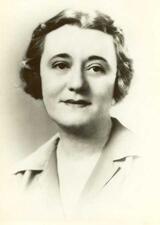Jewish History
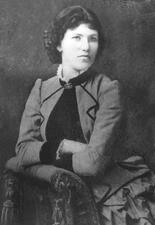
Lea Hurvitz
Lea Beninson Hurvitz’s memoirs document not only her own life but the struggles of other women pioneers of the First Aliyah, whose experiences were rarely discussed.
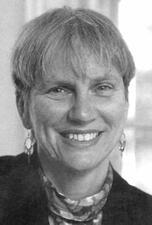
Paula E. Hyman
Distinguished historian Paula Hyman was engaged deeply in Jewish feminism and wrote extensively on the history of Jewish women in an effort to integrate their experience into the Jewish historical narrative. A role model for many, she challenged sacrosanct beliefs and stereotypes with vigor and knowledge and left behind a myriad of scholarly contributions and a profound vision for Jewish women.
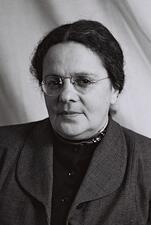
Beba Idelson
Beba Idelson was an Israeli politician and dedicated Zionist activist. She served as a member of the Knesset for sixteen years and was instrumental in shaping the character of the State of Israel, especially as it pertained to women’s rights.

Images of Jewish Women in Medieval European Literature
Medieval European representations of Jewish women by Christian authors reveal anxieties about Jews and their imagined intentions. Some of these writings portray young Jewish women as easily seduced by Christian men and Christian teachings; others depict a beautiful but malevolent Jewish woman who leads a Christian boy to his ritual death. Another motif, supposed sexual liaisons between a ruler and a Jewish woman, expresses Christian perceptions of Jewish threats to the Christian state.
Inés of Herrera
Inés of Herrera was a twelve-year-old prophetess whose message of salvation appealed to the conversos of Castile at the end of the fifteenth century. The Inquisition was anxious to quickly deal with this threat, trying many girls and women as heretics as of 1500; their confessions reveal details about this movement.
International Council of Jewish Women
The International Council of Jewish Women (ICJW) is a Jewish women's organization established at the beginning of the twentieth century, which evolved with the needs and events over time. As a women’s NGO, ICJW participates in a variety of projects promoting women’s rights and human rights, motivated by its roots in Judaism.
Iraqi Jewish Women
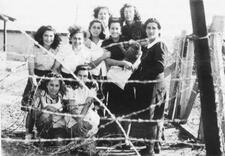
Irgun Zeva'i Le'ummi (I.Z.L.)
The Irgun Zeva’i Le’ummi was a Jewish underground armed organization formed in 1931 to fight British mandatory forces and Palestinian Arabs and their allies in the effort to form a Jewish state. Women were involved in all parts of the organization, from propaganda production and distribution to combat.
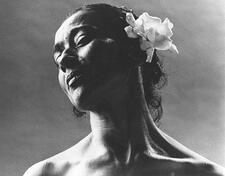
Israeli Folk Dance Pioneers in North America
Dance has been an integral element of the Jewish community since biblical times. An intense desire to share the joy of dance, coupled with a strong identification with both Israel and their Jewish roots, spurred a group of influential women to create a flourishing movement of Israeli folk dance in North America. Today, Israeli folk dance enjoys a wider popularity than ever.
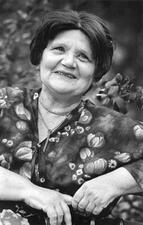
Israeli Women's Writing in Hebrew: 1948-2004
Women writers faced many obstacles in the early years of modern Hebrew, but by the end of the twentieth century they had overcome marginalization to become a central part of the country’s literature. The achievements of women’s writing in Hebrew rank among the unquestionable triumphs of Israeli feminism.
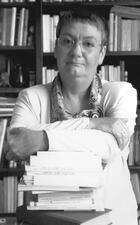
Modern Italy
Jewish women were crucial both to changes in post-emancipation Italian Jewish life and to the overall condition of women in modern Italy. This article reflects on the changes in the role of Jewish women in modern Italy within the Jewish press and institutions, their activism in shaping a secular civil society, and their experiences through the Fascist regime, the trauma of the 1938 Racial laws, emigration, resistance, deportation, survival, and reconstruction.

Dalia Itzik
Izieu, Women of
Nazi Klaus Barbie’s capture, deportation, and murder of forty-four Jewish children living at a home in Izieu, France, in 1944 is known primarily as a story of children, but the bravery of five women is also a significant part of the tale. Sabine Zlatin, Léa Feldblum, Suzanne Levan-Reifman, Fourtunée Benguigui, and Ita-Rosa Halaunbrenner were workers at the home or mothers of children who lived there. They played critical roles testifying against Barbie in his 1987.
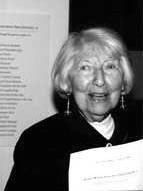
Anne Jackson
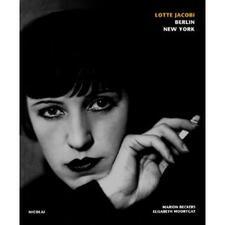
Lotte Jacobi
After leaving Nazi Germany in 1935, Lotte Jacobi became a renowned photographer in New York as she captured intimate portraits of prominent Americans such as Robert Frost, Eleanor Roosevelt, and Paul Robeson. Jacobi was highly interested in politics and an active delegate to the Democratic National Convention. She was known for engaging her subjects in rich conversation as she photographed them.
Dore Jacobs
Dore Jacobs developed her own pedagogy, which viewed physical education as a holistic project, out of which came her own unique method of gymnastics. In 1923 she founded her School for Physical Education and Rhythmic Development; she was also a founding member of the German socialist organization called the Bund-Gemeinschaft für Sozialistisches Leben.

Rose Gell Jacobs
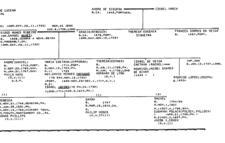
Zipporah Nunes Machado Jacobs
Zipporah Nunes was born a Conversa in Portugal circa 1710. After escaping to London to avoid being re-examined by the Inquisition, her family began practicing Judaism openly; later she became one of the first Jews to settle in the newly formed colony of Georgia in 1733.
Anna Jacobson
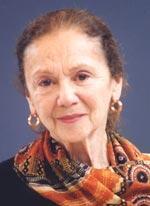
Irina Jacobson
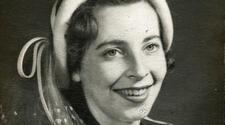
Jean Jaffe
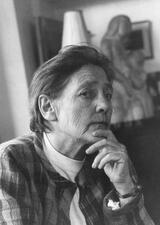
Marie Jahoda
Marie Jahoda was a major figure in social psychology, known for her work on the effects of unemployment on emotional well-being, as well as the social impact of McCarthy-era blacklisting. Jahoda received an award for distinguished contributions to the public interest from the American Psychological Association in 1979.
Ira Jan
Ira Jan, a painter and writer, was the first Hebrew artist in pre-State Palestine. Born in Kishinev, Jan graduated from the Moscow Art Academy and traveled Europe before immigrating to Palestine in 1908. Known for her love affair with Chaim Nachman Bialik, she immigrated to Jerusalem in 1908, engaging in painting and teaching and publishing her stories in a number of periodicals in Palestine.
Geneviève Janssen-Pevtschin
Geneviève Janssen-Pevtschin was an accomplished lawyer, magistrate, and human rights activist in Belgium. She was active in resistance movements during World War II and is remembered for her passion, respect for human liberty, and dignity.
